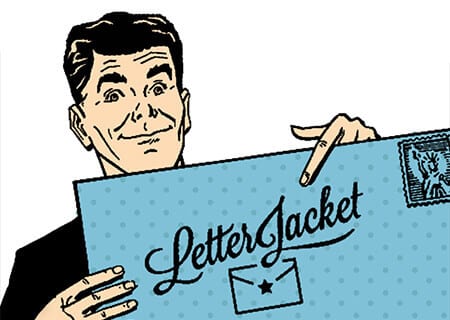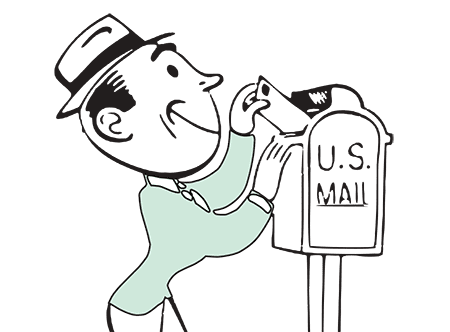Want donors to feel good about giving? Ethical fundraising practices and protecting donor privacy go hand in hand. Nonprofit organizations must work to earn, nurture, and maintain the trust of their donors. There are many ways that nonprofits can demonstrate their commitment to both ethical fundraising and protecting donor privacy, including honesty and transparency in communications. Donors who know that their information is handled with a high level of confidentiality will build trust with a nonprofit and feel more comfortable not only making future donations, but encouraging others to donate as well. Follow these steps for increasing donor confidence.
Ethical Fundraising
Are you communicating trust? Non-profit organizations rely on donations, grants, and fundraising to successfully carry out their work. It’s important for these organizations to be completely transparent with their fundraising practices. That includes regularly informing the public about their activities, decision-making processes, sources of revenue, and programs. Organizations may want to consider listing the average allocation of each dollar they receive for additional transparency.
It’s important for nonprofit organizations to make it clear how they plan to utilize contributions. Fundraisers should help donors understand the purpose of the fundraiser by the organization’s mission. Requests for donations need to accurately describe the intended use of the donation. Ensure any materials that are distributed must be accurate and honest. When participating in any face-to-face fundraising, fundraisers should clearly identify themselves and the organization they represent. Letter Jacket can help by providing the best security envelopes for your financial mailers, and helping you make sure you’re ready for collections at every event. If not already in place, you may consider developing a fundraising code of ethics to use as a guide for your staff and volunteers.
A final component of ethical fundraising is respecting your donors. Building a good relationship with donors includes measures like sending timely gift acknowledgments, providing timely reports, and asking how donors wish to be acknowledged, both on your website and in an annual report. It’s also essential for organizations to respect a donor’s intent. This may include clarifying with a donor how a contribution will, or will not, be used, as well as how the donor prefers to be recognized, or if they wish to remain anonymous. It’s frequently helpful to use a written agreement to ensure that communication with donors is clear.
Where do I find guidelines for ethical fundraising?
The Association of Fundraising Professionals has published both a Code of Ethical Principles as well as a Fundraising Ethics FAQ to assist organizations with fundraising best practices.
Protecting Donor Privacy
Ensuring that your nonprofit organization is engaging in ethical fundraising behavior is just the first half of the equation. Once a donor has made a charitable donation, how are you protecting their personal information? The Association of Fundraising Professionals (AFP) recommends that organizations adopt a privacy policy for their donors. A privacy policy is a formal, written statement explaining how you use and protect their private data. The purpose of the privacy policy is to engender trust, helping donors feel confident in providing you with their personal information.
Privacy policies are generally either opt-in or opt-out. An opt-in privacy policy, sometimes called an explicit privacy policy, tells donors that you won’t share, trade, or sell their personal information without permission. Here donors have to take affirmative action to offer their consent. An opt-out privacy policy tells donors that you may use their information unless they take action to withdraw their consent. Your donor privacy policy should be publicized on your website, and a brief version of it should be included in other published written materials.
There is no required length for a privacy policy, just make sure that it includes:
- A description of how personal information is collected
- How personal information is used by your organization
- How to opt-in or opt-out in regards to sharing personal information
Remember that your donor information is precious data, and your privacy policy should protect your donors.
At Letter Jacket, we want to help you demonstrate to your donors that you value their privacy by giving you a little extra security, security envelopes that is. We know that you use envelopes to collect monies and deliver financial documents, which is why we provide only the best security envelopes for your financial needs. Let us help you protect the privacy of donor information and build public trust. We’ll help you have the right resources on hand for all your account collection needs. Contact us to order today. https://letterjacketenvelopes.com/
Key Takeaways
- Ethical fundraising practices and protecting donor privacy go hand in hand.
- It’s important for organizations to be transparent with their fundraising practices.
- Organizations should make it clear how they plan to utilize contributions.
- A privacy policy is a formal, written statement explaining how you use and protect donors’ private data.
- Your donor privacy policy should be publicized on your website and included in written materials.



